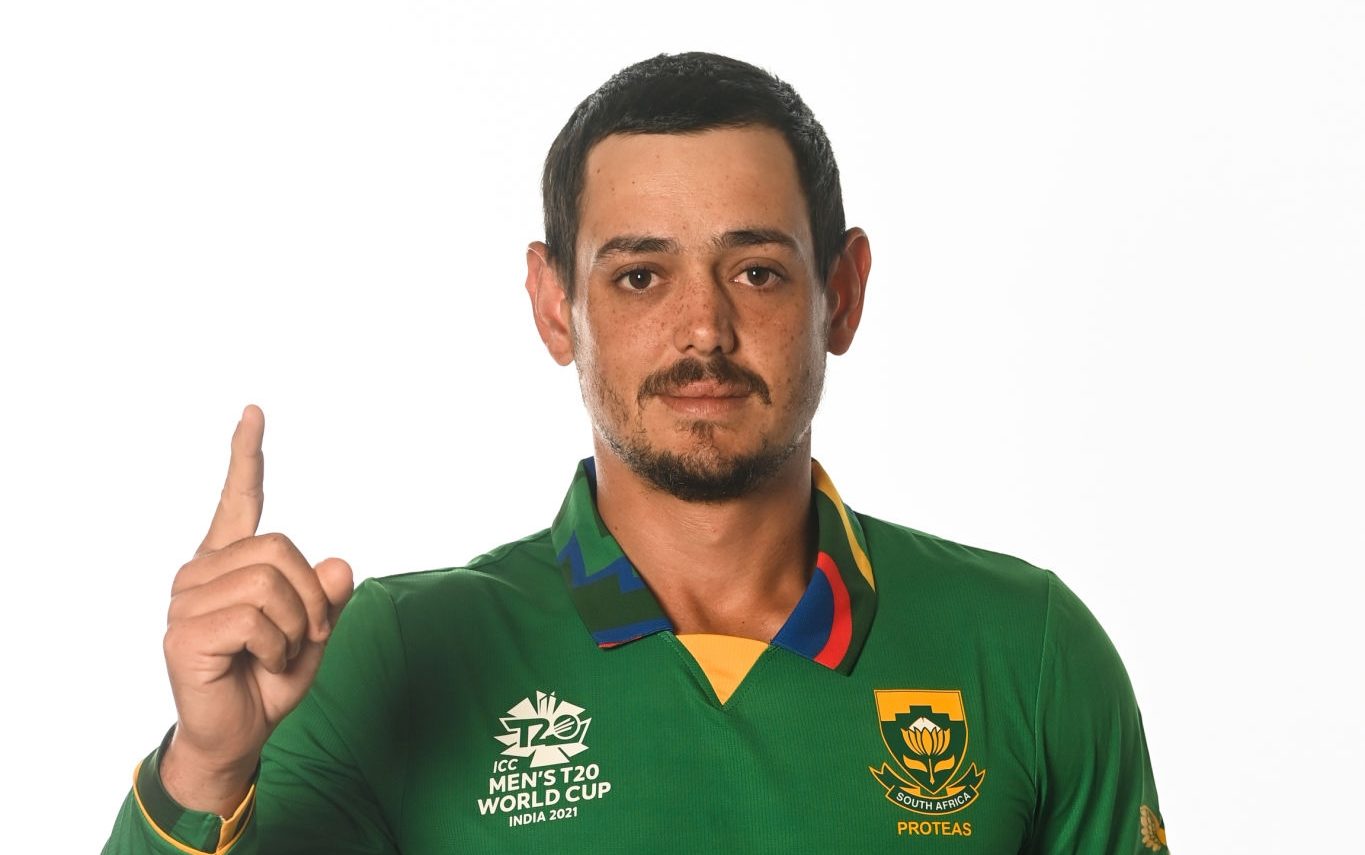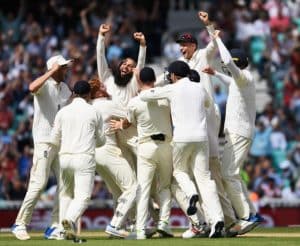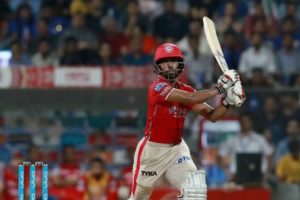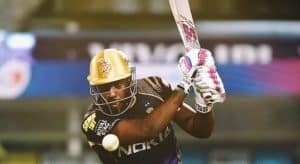We will never know if Quinton de Kock had a genuine change of heart about “taking the knee” or did so just to keep his job, writes SIMON BORCHARDT.
De Kock will take a knee when he next plays for the Proteas, which could be as soon as the T20 World Cup clash against Sri Lanka on Saturday.
Following a directive from Cricket SA two hours before the Proteas’ match against the West Indies on Tuesday that all South African players must take a knee before the start of play in support of the Black Lives Matter movement, De Kock opted to withdraw from the team.
Until then, CSA had allowed the players to support BLM in a way that was comfortable for them. Some took a knee, some chose to remain standing with a raised fist, while others, like De Kock, just remained standing.
In a statement on Wednesday, De Kock apologised to his teammates and fans for making his withdrawal “a Quinton issue” before explaining his actions. He said that having previously been told by CSA that the players could do what they wanted to do regarding BLM, “I felt like my rights were taken away when I was told what we had to do in the way that we were told.”
As De Kock pointed out, there had been Proteas culture camps, sessions and Zoom meetings where BLM was discussed, so why were the players told, two hours before a crucial T20 World Cup match, that they had to take a knee – with a perceived “or else”.
When De Kock withdrew from the team, I wrote on this website that no player should be forced to take a knee, and I stand by that statement. CSA’s directive is draconian and the timing of it could not have been worse, with the Proteas having to beat the West Indies after an opening-round loss to Australia (that they did so despite all the De Kock drama is a great testament to the team).
I still believe that the decision to take a knee or not is a personal one. No one should have to explain their decision and it should certainly not prevent them from representing their country on the sports field.
Yet De Kock was called a “racist” for not taking a knee and withdrawing from the team, and will no doubt remain a racist in the eyes of some no matter what else he says or does.
The 28-year-old was even criticised for pointing out in his statement that he comes from a mixed-race family in an effort to explain where he was coming from.
“My half-sisters are coloured and my stepmom is black,” he said. “For me, black lives have mattered since I was born. Not just because there was an international movement.”
The response to this from former Radio 702 talk show host Eusebius McKaiser on Twitter was: “Why is Quinton de Kock telling us he has half-sisters who are coloured and a stepmother who is black? That tells us nothing about your race politics. It does not prove you are racist. It also does not prove you are committed to anti-racism.”
Others who had supported De Kock’s decision to withdraw from the team and stand by his convictions, are now slamming him for caving in to the “woke mob”.
I respected De Kock’s decision not to take a knee in the past and I respect his decision to do so from now on.
Perhaps, after chatting with teammates, coaches, friends and family on Tuesday, he simply changed his mind and now genuinely wants to take a knee.
“If me taking a knee helps to educate others, and makes the lives of others better, I am more than happy to do so,” he said in his statement.
Or maybe De Kock realised that he would never play for the Proteas again if he didn’t appease his critics, some of whom apologised to him on social media (following his statement) for what they’d said about him the day before.
On Saturday, all of the Proteas players will take a knee. Which of them will do it because that is what they really want to do? Who will do it just so they can keep on playing cricket?
Thanks to CSA’s directive, we will never know.
Photo: Gareth Copley-ICC/ICC via Getty Images





